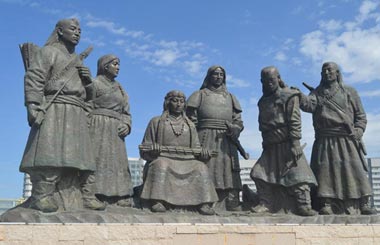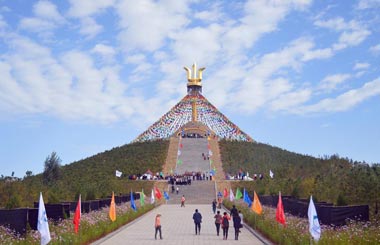An exhibition in honor of Tang and the Bard begins world tour
By Chen Nan ( China Daily ) Updated: 2016-09-09 07:36:17
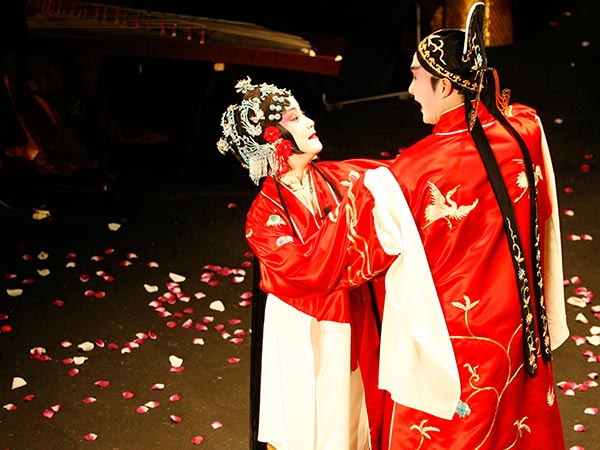 |
|
The Peony Pavilion, one of Tang Xianzu's best-known plays, will be staged by Suzhou Kunqu Opera Theater in Britain. [Photo provided to China Daily] |
"The exhibition and associated events not only display the works of a legendary Chinese writer to audiences abroad but are also meaningful to young overseas Chinese," he says.
Born in Fuzhou in East China's Jiangxi province, Tang composed more than 2,000 poems and essays, most of which were written during his later years. He is particularly remembered for four plays: The Peony Pavilion, The Purple Hairpin, Record of the Southern Bough and Record of Handan, which are collectively known as the Four Dreams of Linchuan.
The Peony Pavilion has been central to Kunqu Opera for time immemorial. The Chinese art form combines play, opera, poetry and music-performed in the melodic Suzhou dialect.
As a part of the exhibition, Kunqu is being introduced through costumes and photo displays. The performers will also travel to different countries for live shows.
Kunqu dates back to the early Ming Dynasty and is one of the oldest Chinese opera genres. It was listed by UNESCO as a Masterpiece of the Oral and Intangible Heritage of Humanity in 2001.
"We are glad to see that more audiences, especially young university students, keen to watch Kunqu Opera performances," says Cai Shaohua, director of Suzhou Kunqu Opera Theater in eastern China.
He will take the opera to Britain from Sept 24 to Oct 4, performing The Peony Pavilion and interacting with local audiences via forums and workshops.
Related:
Dialogue between Shakespeare and Tang Xianzu held through exhibition
|
|
|
|
|
|
|
|




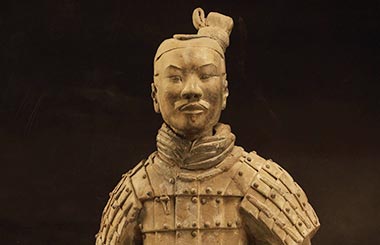
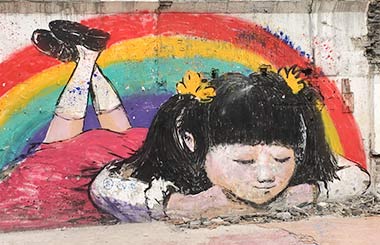










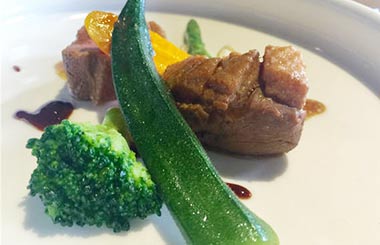


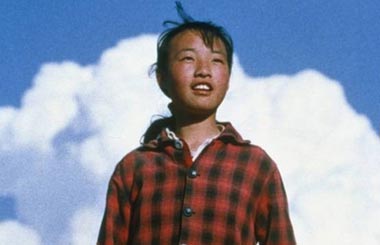




 Raymond Zhou:
Raymond Zhou: Pauline D Loh:
Pauline D Loh: Hot Pot
Hot Pot Eco China
Eco China China Dream
China Dream China Face
China Face


